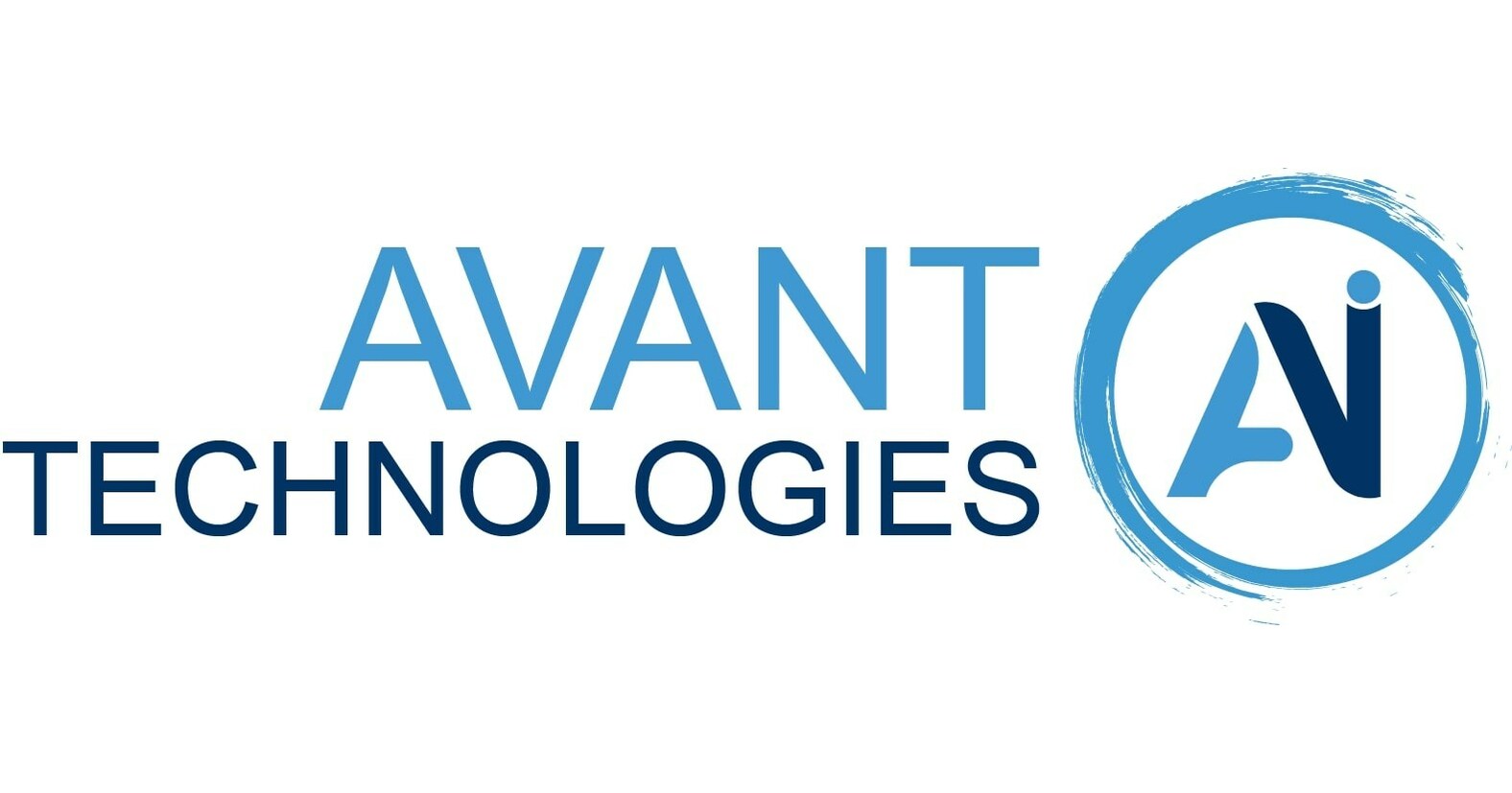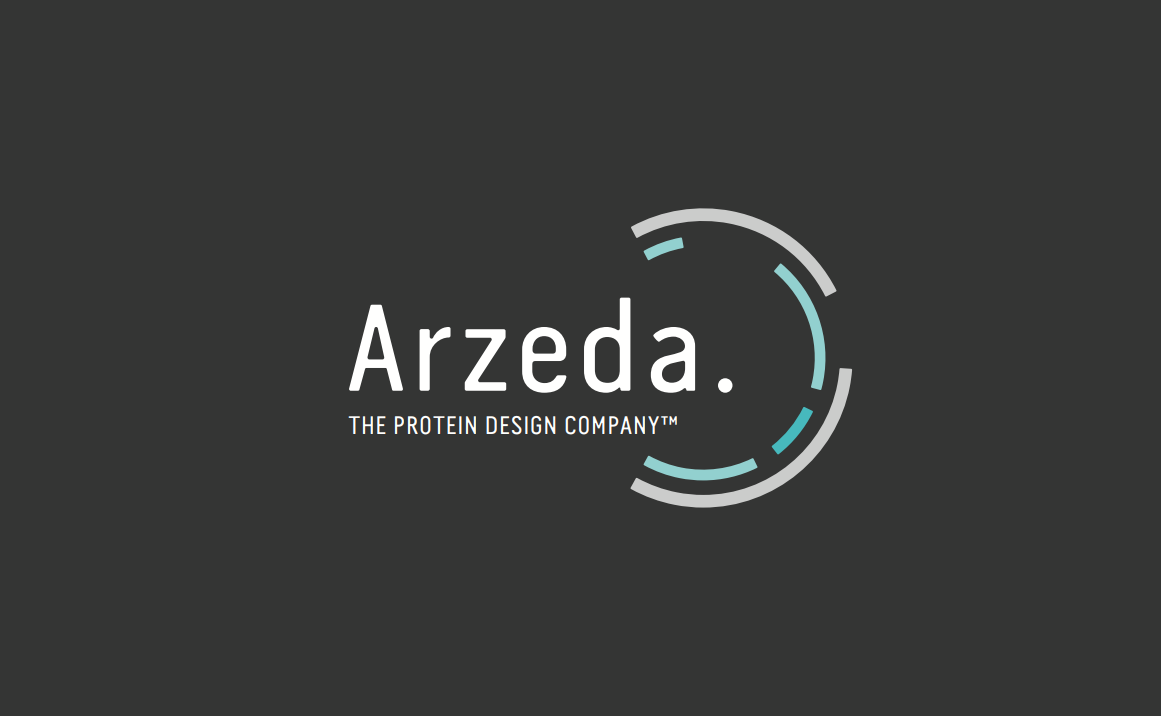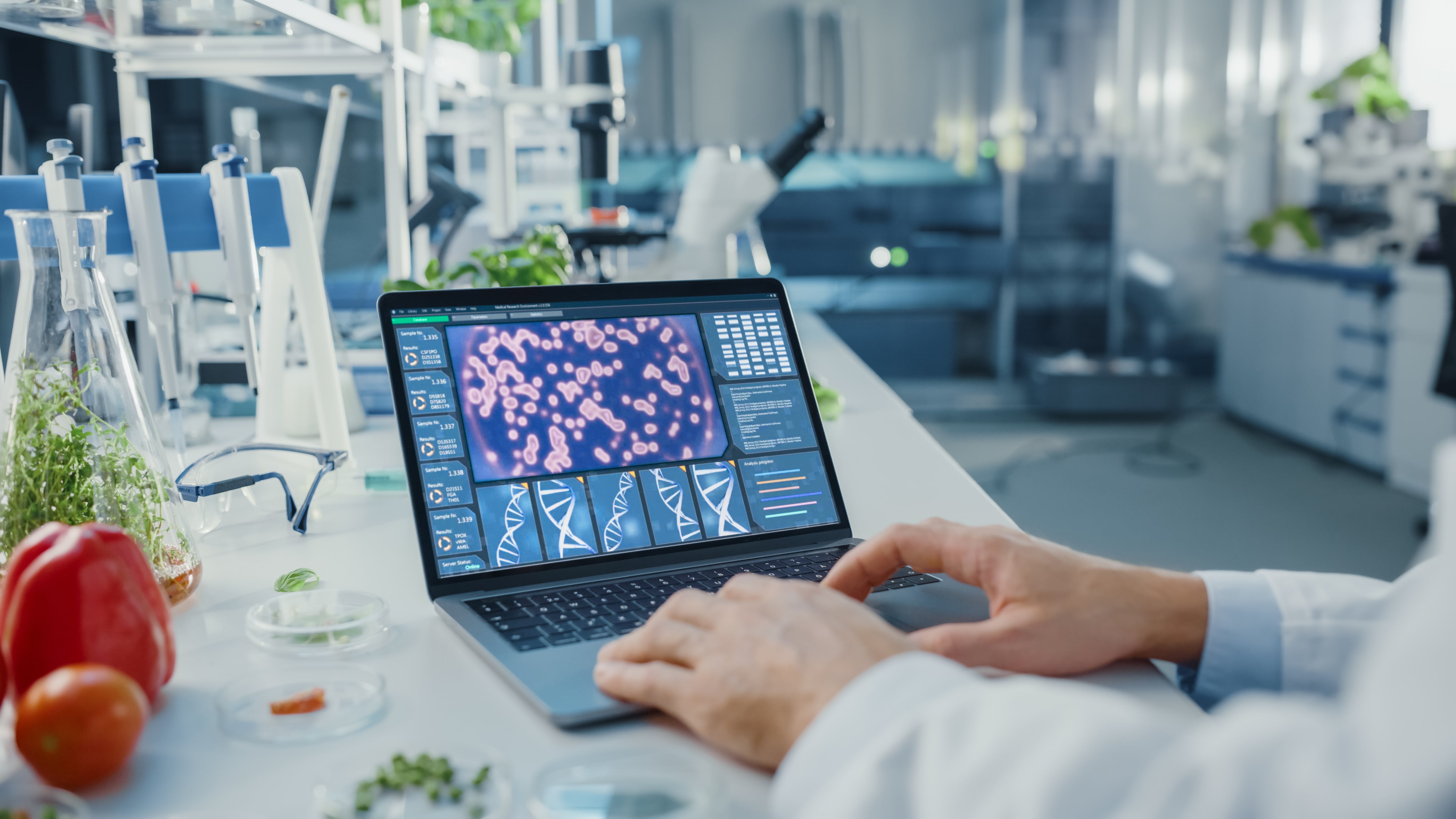SynBioBeta SF 2015 In Summary: The Race to Bring Valuable Products to Market
Another amazing year at the SynBioBeta Conference in San Francisco.
I believe the underlying pulse of the SynBioBeta conference was summarily precipitated by Randal J. Kirk’s insightful declaration that
As synthetic biologists, we won’t win the public’s favor through an academic argument. Instead, we’re going to win in the market by providing tangible value to the consumer.
In the past year, many companies have moved to do just that, announcing partnerships and advancements that are moving synthetic biology into the public sector to provide real benefits and innovations.
Real Products:
Ushering in the most tangible product for general consumers was Ecovative with their mushroom-produced materials which decorated the stage:Stage built of Mushrooms:https://twitter.com/CPAckermann/status/661972500008464384Taxa, a company formerly known as Glowing Plant, has developed numerous consumer products designed to introduce synthetic biology in a friendly manner to the public. To add to their first endeavour of the Glowing Plant, the company has also developed a blue rose and a fragrant moss to keep the room smelling great: https://twitter.com/Pipette_Ninja/status/662351108669501440The contestants of the Blue Sky Competition were also very much consumer-focused with alGas’ plan to create batteries from algae, and Koliber’s effort to make Probiotics. Batteries:https://twitter.com/SynBioBeta/status/662077843279482880Probiotics:https://twitter.com/SynBioBeta/status/662082705417330689
Still Problems --> Public Benefit
Although much progress has been made toward creating synthetic biology products, investors caution not to underestimate the complexity of biology:https://twitter.com/SynBioBeta/status/662019800583901184This echoes what Dr. Jay Keasling said during his Fireside Chat on Saturday, noting the difficulty of taking successful science to market:https://twitter.com/DGreenblogger/status/662363667795546120He also stressed the importance of creating an open source initiative to encourage broader participation as well as generally using the technology for public benefit:https://twitter.com/SynBioBeta/status/662366750936166400
Make it Accessible & Quantified:
There were many companies that shared this sentiment and whose mission statements align with the purpose of making synthetic biology more accessible to the masses. As Brian Frezza of Emerald Cloud Labs pointed out, the barriers to biotech resources are huge:https://twitter.com/SynBioBeta/status/662323039980224512This is why companies like Transcriptic and Emerald are striving to provide the full-power of biotech research at your keyboard. They hope that by offering automated lab services, many more people will gain access to convenient and reliable synthetic biology research. In addition to making research more accessible, many companies believe it needs to be more controlled and quantifiable. Biobright wants to make synbio more data-driven:https://twitter.com/SynBioBeta/status/662318337825746944Koliber Biosciences wants to use machine learning to help researchers identify key components to engineer: https://twitter.com/SynBioBeta/status/662433940884447233OpenTrons wants to bring an automated lab to your benchtop:https://twitter.com/SynBioBeta/status/662316392482390016And lastly, Counter Culture Labs wants to share the power of synthetic biology with the world. They believe that by lowering barriers to synbio research, encouraging outsiders to try it, and to make it fun is a great way to gain public acceptance. https://twitter.com/SynBioBeta/status/662361233660612608Still, with all the excitement and product-focused developments policy will remain to play a very important role in the success of synthetic biology. As Catherine Barton of DuPont noted
Yes, synthetic biology is cool. But use it for important societal purposes. You have to talk about it. You have to explain it to us. There’s lots of energy and passion for these technologies and what you can do with them, but you have to talk about it to the public.
We need Policy and Public Communication
The policy and regulation surrounding synthetic biology was a hot and much-discussed topic at SBBSF15, and rightfully so. It is immensely important that people and companies knowledgeable in the field are proactive in helping shape policies surrounding this technology. As Dr. Todd Oliver stated so well:https://twitter.com/SynBioBeta/status/662411765179748352If specialists in the field do not take policy seriously the decisions could be left to people that are swayed more by perception and fear than by facts as keynote speaker Tim O’Reilly pointed out:https://twitter.com/SynBioBeta/status/661996306538168320If the synthetic biology community is not involved we could risk sending innovation to other countries.https://twitter.com/krening/status/661994454702649345At the end of the day, Catherine Barton put it best:https://twitter.com/SynBioBeta/status/662413509783744513It is our job to preserve the right to innovate, both through proactive involvement in policy decisions that are based on scientific risk assessment, as well as shaping public opinion by creating products that bring tangible value to consumers.




.svg)









-min.png)

.gif)